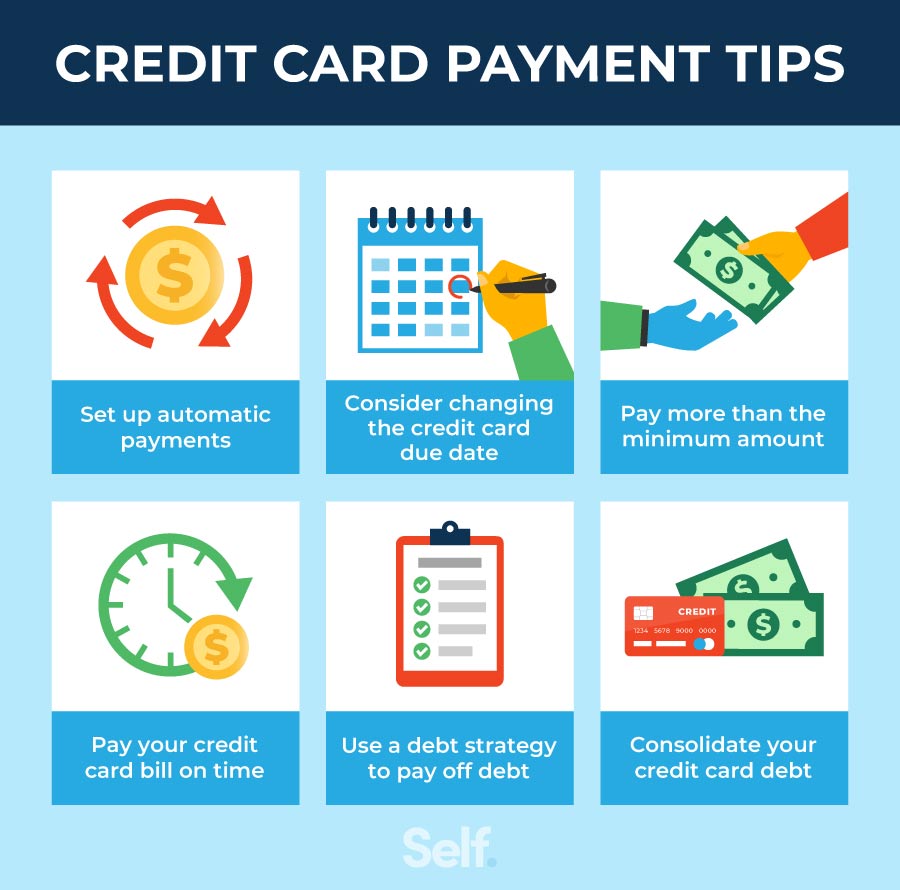Paying bills with a credit card can be a smart financial move as long as you do it responsibly. Here’s what you need to know about using credit cards for bills.
What Bills Can I Pay With a Credit Card?
Many common monthly bills can be paid with a credit card including
- Utilities like electricity, gas, water, garbage pickup
- Phone and internet service
- Cable and streaming services like Netflix or Hulu
- Insurance such as home, auto, health, life, rental
- Medical bills and copays
- Gym memberships, subscriptions
- Property taxes and HOA fees
Essentially, if you get a regular bill in the mail or email, there’s a good chance you can use a credit card to pay it.
Benefits of Paying Bills With a Credit Card
Paying bills with a credit card has several potential benefits:
-
Earn rewards Many credit cards offer cash back, points, or miles for your spending Putting bills on your card can help you earn rewards quickly.
-
Build your credit: Responsible credit card use demonstrates you can manage debt well. Making on-time payments shows potential lenders you are creditworthy.
-
Ease: You can quickly pay all of your bills online instead of writing checks or keeping track of multiple accounts. Your payment history is all in one place.
-
Protections for consumers: Credit cards come with fraud protection, purchase guarantees, extended warranties, insurance, and more. This can give you peace of mind on big purchases.
-
Payment plans for the short term: If you need to pay a bill quickly but don’t have the cash, you can use a credit card. Of course, you’ll want to pay it off ASAP to avoid interest charges.
Drawbacks of Paying Bills With Credit
There are some potential downsides to watch out for when putting bills on a credit card:
-
Interest charges: If you carry a balance and don’t pay off your bill in full each month, interest can add up quick. This diminishes any rewards you might earn.
-
Higher costs: Some companies charge convenience fees for credit card payments, usually around 2-3%. These extra costs can erase any rewards earned.
-
Overspending risk: It’s important to track your spending diligently. Putting bills on credit cards can make it easier to overspend if you’re not careful.
Tips for Paying Bills With a Credit Card Responsibly
Follow these tips to use credit cards for bills in a smart way:
-
Check for convenience fees and avoid using a card if they are charged. Debit or checking accounts are better options in that case.
-
Make sure to pay your balance in full each month to avoid interest charges. Set up autopay if it helps.
-
Pick a card that offers rewards on common purchases to maximize earnings. Cash back cards are simplest.
-
Track balances closely and set up account alerts. Watch for fraudulent charges too.
-
Have a budget and know exactly how much you can afford to pay each month to avoid overspending.
-
Use credit only when you currently have the cash to pay. Avoid financing daily expenses long term at high interest rates.
The Bottom Line
Paying bills with the right credit card responsibly can help you earn rewards and build your credit. Just be cautious of fees and interest charges. Make sure your finances are in good shape before charging recurring expenses. Used wisely, credit cards can provide convenience and benefits on bills you have to pay anyway.
Benefits of paying bills with a credit card
Making bill payments with your credit card can have some advantages. These could include:
- Credit-building. If you use your card responsibly over time by doing things like paying your statement on time each month, it can help you build a credit history and improve your credit scores.
- Convenience. Some credit cards include a variety of digital benefits. For example, Capital One offers AutoPay, which lets you set up automatic payments for your monthly credit card bills.
- Rewards. You may be able to earn rewards like cash back, points or miles when you pay bills with a rewards credit card.
- Flexibility. However you choose to payâonline, over the phone or in personâyou can generally use a card.
- Protection. Credit card statements can act as proof of payment in a dispute.
Capital One Main Navigation
- Capital One ShoppingGet our free tool for online deals
- Capital One CafésEnjoy coffee, wifi & banking
- Learn & GrowCheck out financial learning resources
November 30, 2023 |4 min read
Thereâs no way around it: Bills have to be paid. But when it comes to how you pay them, you might have options. Depending on the bill, you might be able to pay by credit card, check, money order and more.
Of all your choices, using a credit card to pay your bills could be the easiest and most convenient. But is it the best solution for you?
Key takeaways
- Depending on the type of bill and the merchant, you may be able to use a credit card to pay bills.
- Mortgages, rent and car loans typically canât be paid with a credit card.
- You may need to pay a convenience fee if you pay some bills, like utility bills, with a credit card.
- Using a credit card for your monthly bills can offer opportunities to earn rewards. But make sure you know what to expect when it comes to things like due dates and interest rates.
CJU- LEARN HOW TO USE CREDIT CARDS TO PAY YOUR BILLS
FAQ
Can I make a bill payment from credit card?
How to use a credit card to pay utility bills?
Can I transfer money from a credit card to a bank account?
Can you pay a bill with another credit card?

